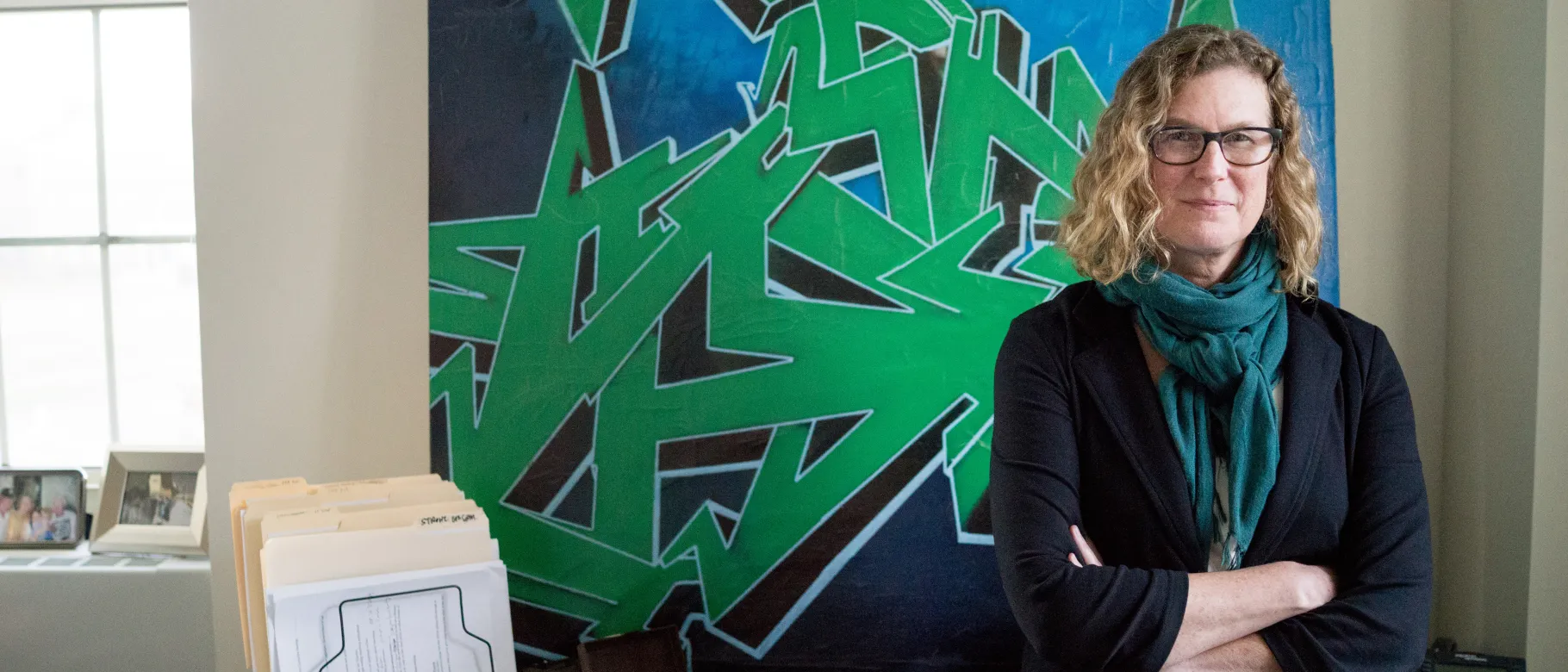UNE Center for Global Humanities presents “The Immigration Debate in Maine”

What can the experiences of Somali refugees in Maine teach us about the U.S. immigration debate more broadly?
An upcoming lecture at the University of New England’s Center for Global Humanities will address this question when Colby College scholar Catherine Besteman presents “The Immigration Debate in Maine” on Monday, November 5 at 6 p.m. at the WCHP Lecture Hall in Parker Pavilion on the UNE Portland Campus.
Besteman will argue that refugees from war-torn countries pose a particular challenge to the international community, which strives to contain and monitor them, while also offering them charitable assistance. Perceived as a risk to the international order and individual nations, some refugees are incarcerated in refugee camps, while others are relocated, but also stigmatized as potential security threats to their new communities. Besteman will draw from her fieldwork in Somalia prior to its civil war, and also from her experiences with Somali refugees in Maine to offer a unique perspective on the global challenges posed by immigration.
A professor of anthropology at Colby College, Besteman focuses on mobility, militarism, sovereignty, citizenship and racism, topics she has studied in South Africa, Somalia, and the U.S. Her books include Making Refuge: Somali Bantu Refugees and Lewiston, Maine, Transforming Cape Town, Unraveling Somalia, and the edited volumes The Insecure American, Why America’s Top Pundits are Wrong and Violence: A Reader. A 2012 Guggenheim Fellow, her work has also been supported by the Rockefeller Foundation, the American Council of Learned Societies, the Wenner Gren Foundation, the American Philosophical Society, Sigma Xi, and the School of Advanced Research.
This fourth lecture of the 2018-2019 academic year at the Center for Global Humanities is part of Making Migration Visible: Traces, Tracks & Pathways, a state-wide initiative featuring events by dozens of partner organizations offering parallel exhibitions, film screenings, performances, lectures, community dinners, poetry recitals, and other events. Making Migration Visible aims to promote the actions, passion, and creativity of organizations throughout Maine that are working to improve understandings about migration.
Events at the Center for Global Humanities are always free, open to the public, and streamed live online.